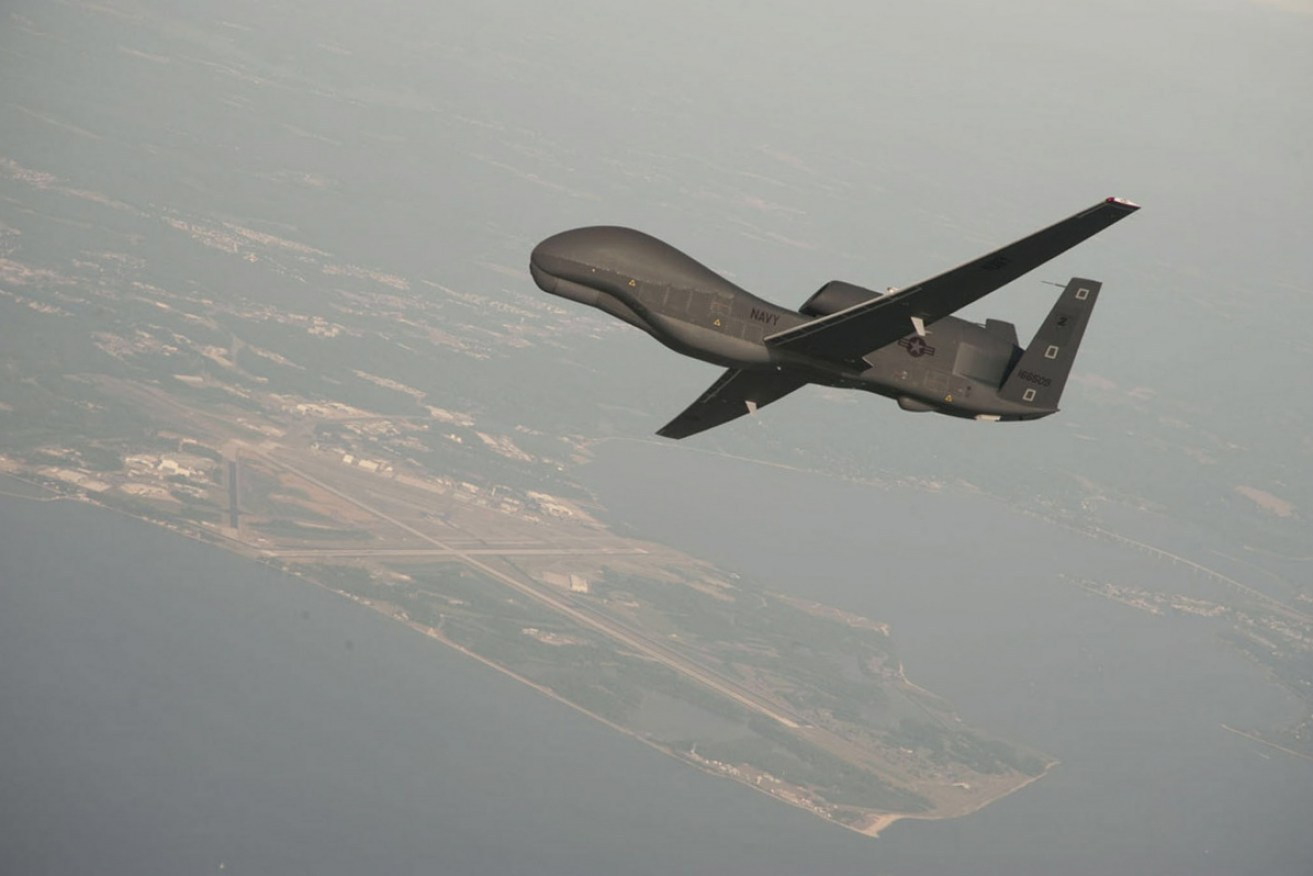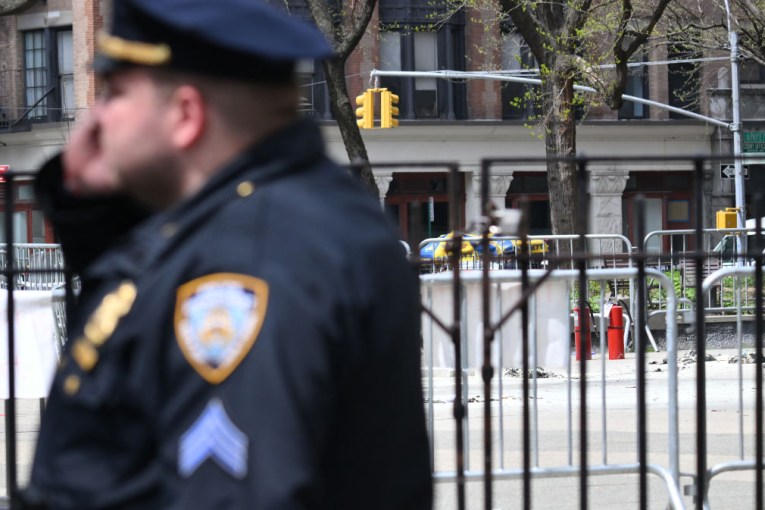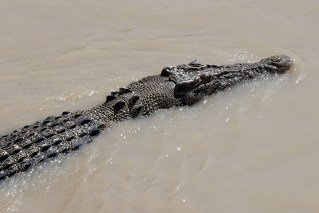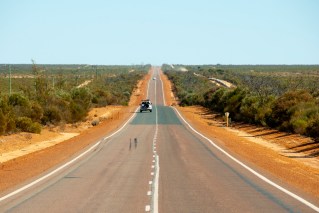‘The danger is there’: War between US and Iran now ‘highly likely’


The Triton unmanned aircraft is designed to fly surveillance missions up to 24-hours at high altitudes. Photo: AAP
President Donald Trump says Iran made a “very big mistake!” by shooting down a US military drone as one of Australia’s leading Middle East authorities warns the risk of war between the two countries is imminent.
Iran’s Revolution Guard on Thursday announced it had shot down a US drone amid heightened tensions between the two countries following Mr Trump’s decision to withdraw from the nuclear deal put in place by Barak Obama’s administration in 2015.
When asked about a US response to the strike by reporters on Friday morning, Mr Trump repeatedly said: “You’ll find out.”
Iran made a very big mistake!
— Donald J. Trump (@realDonaldTrump) June 20, 2019
Facing the media during a meeting with Canadian Prime Minister Justin Trudeau, Mr Trump said: “I would imagine it was a general or somebody that made a mistake in shooting that drone down.”
Iran, meanwhile, called US-imposed sanctions against its country “economic terrorism,” insisted the drone had invaded its airspace and said it would take its case to the United Nations.
Last week the US blamed Iran for attacks on two oil tankers that were disabled in the Gulf of Oman.
The Middle Eastern country denies the accusations and is threatening to break the uranium stockpile limit set by world powers in the 2015 deal.
The country’s paramilitary Revolutionary Guard, which answers only to Supreme Leader Ayatollah Ali Khamenei, said it shot down the RQ-4 Global Hawk drone after it entered Iranian airspace in southern Iran’s Hormozgan province.

US Central Command showed damage to the side of one ship. Photo: US Central Command
A few minutes after Mr Trump on Friday condemned Iran’s “mistake” on Twitter, a senior US military officer said Tehran shot down the unmanned aircraft over international waters in an attempt to disrupt American efforts to monitor the Persian Gulf.
Serious development
Professor Amin Saikal from ANU’s Centre for Arab and Islamic Studies said the drone downing was a concerning development.
“If that’s true it’s a serious development simply because I assume that the American drone was there to gather intelligence on Iranian forces and they’ve succeeded in shooting it down,” he said.
If Iran chose to retaliate against the US, it’s highly likely war will break out in the region, Dr Saikal said.
“The risk of military conflict is high. Wars don’t always start with a big bang. They can start with a small bang. I think that the danger is there,” he said.

Iran’s Revolutionary Guard marches at an annual military parade. Photo: Getty
“Both the United States and Iran have said they don’t want a war, but the US has built up its forces in the region. It could easily spiral until the two sides are locked into a conflict.”
Earlier this month the US began to deploy additional forces, including 1500 in response to “troubling indications and warnings” from Iran.
This week, the US government announced it would be sending an additional 1000 troops to the region.
The tit for tat between the two countries, which has even been playing out on Twitter could quickly turn into a regional conflict.
Tweet from @realdonaldtrump
“The way the current US administration has behaved, it has pushed the Iranians against the wall,” Dr Saikal said.
“They’ve launched an economic war, which is really undermining their economy, finances and trade.
“The regime needs to feed 82 million people and they’ve been pushed into a corner so they’ve been reacting.
“Shooting down this drone is part of that.”
What does this all mean for Australia?
Close to one-fifth of the world’s crude oil is supplied by Gulf countries that rely on unimpeded travel through the Strait of Hormuz – a narrow passage that sits between the Persian Gulf and the Gulf of Oman.
Any immediate effect of a war between the two countries would be noticed in our oil prices, Dr Saikal said.
“There is a possibility they may try to block the Strait of Hormuz and the war could spark an energy price and the price of oil could go up,” he said.
“So people would have to pay a higher price at the pumps.”








